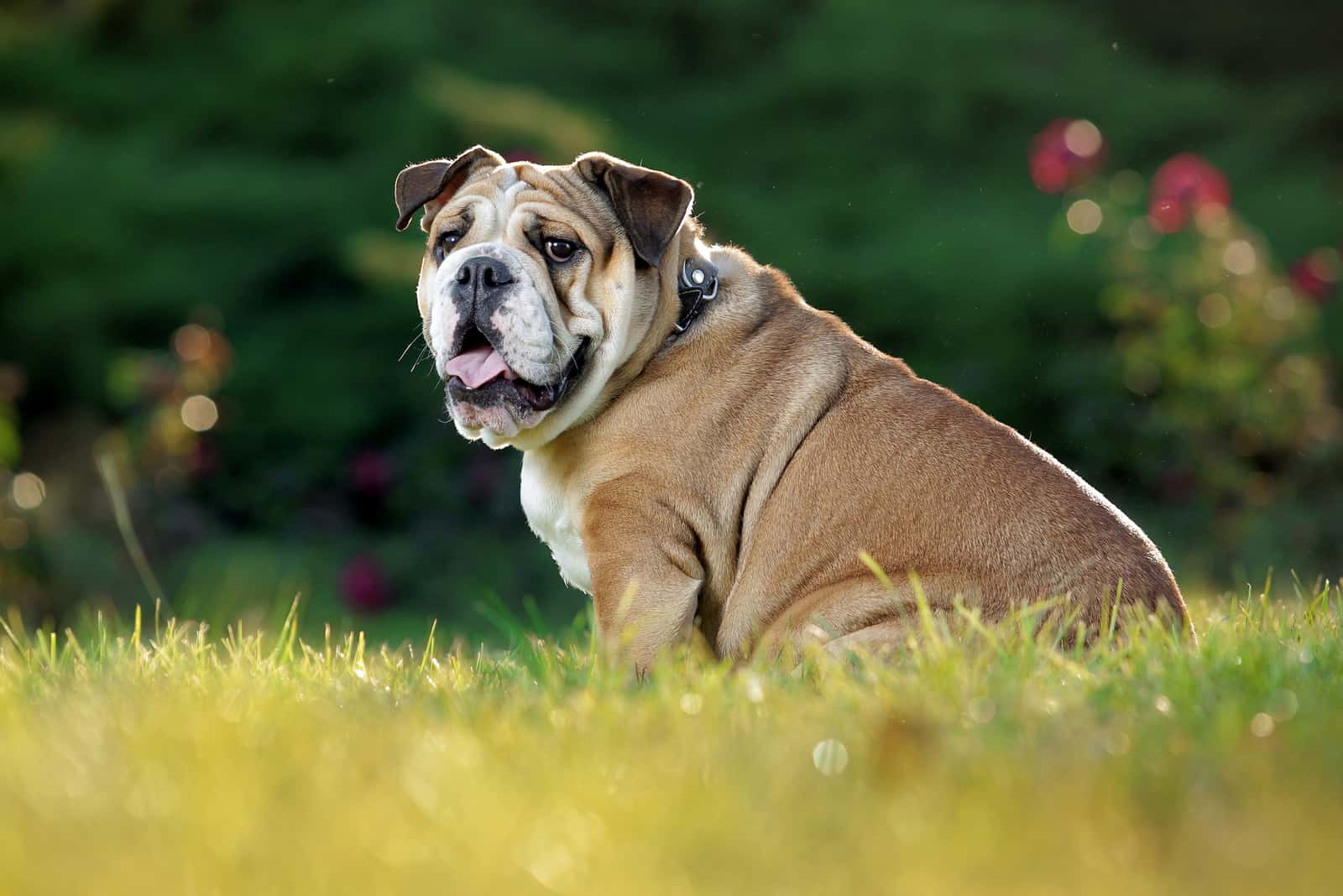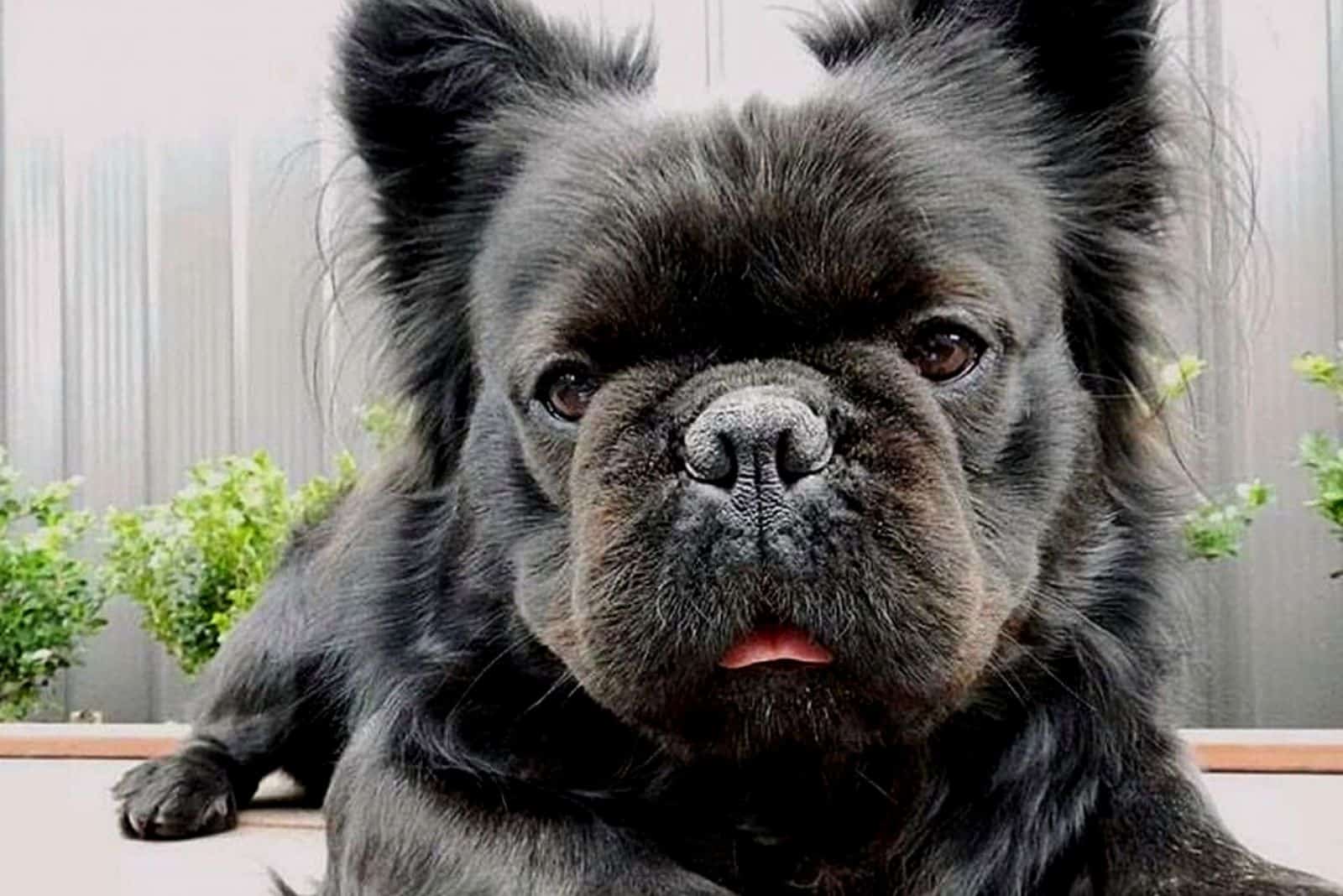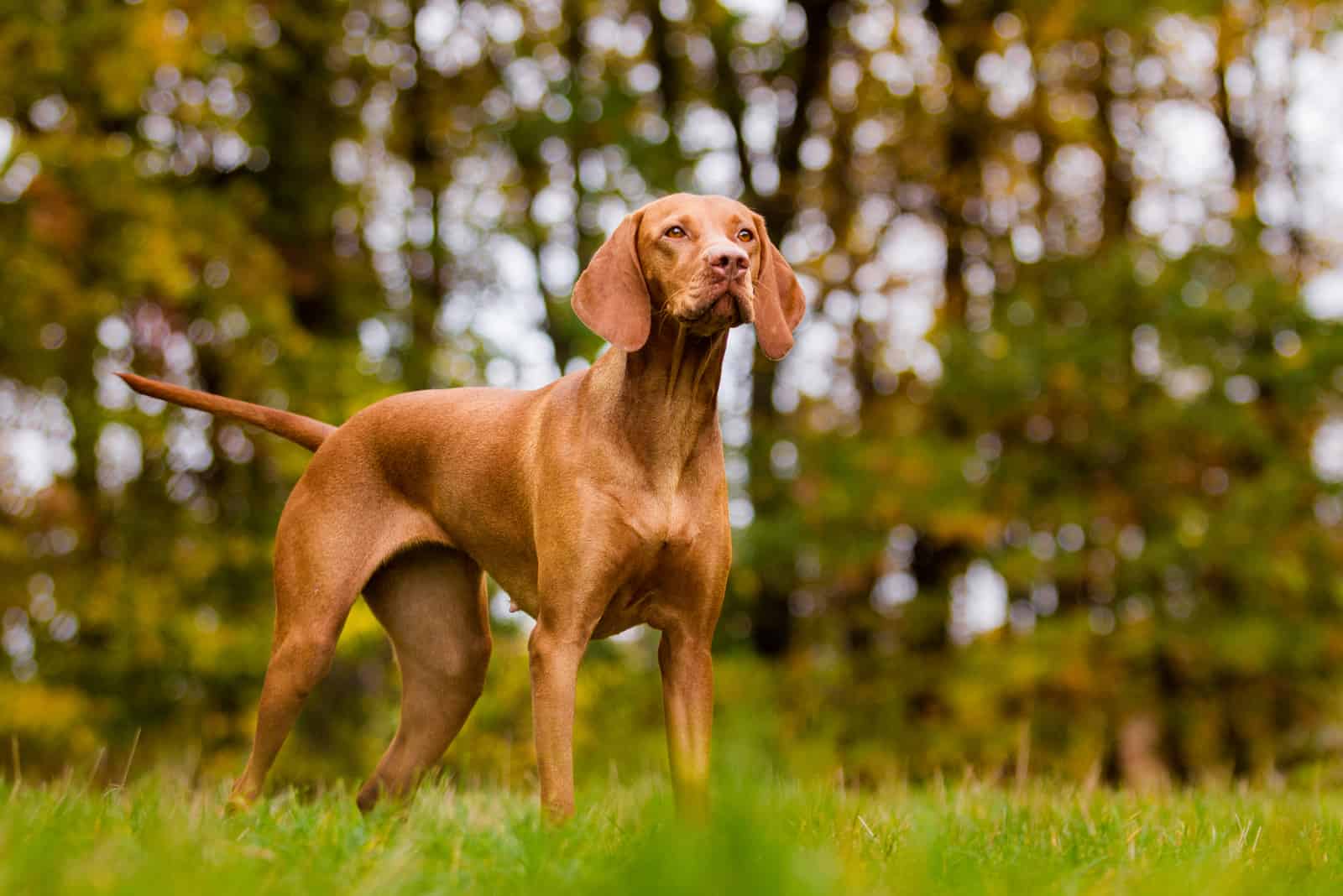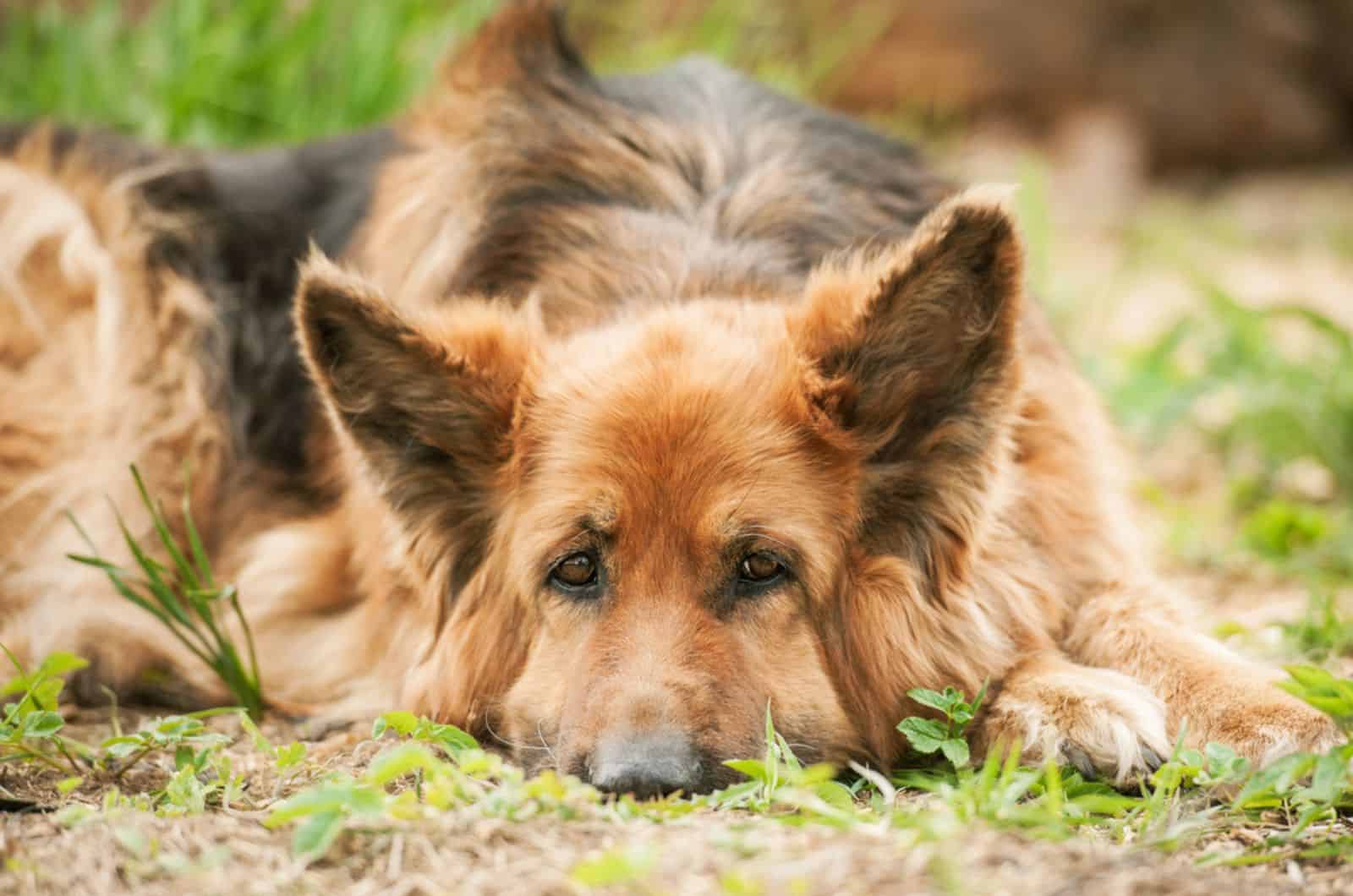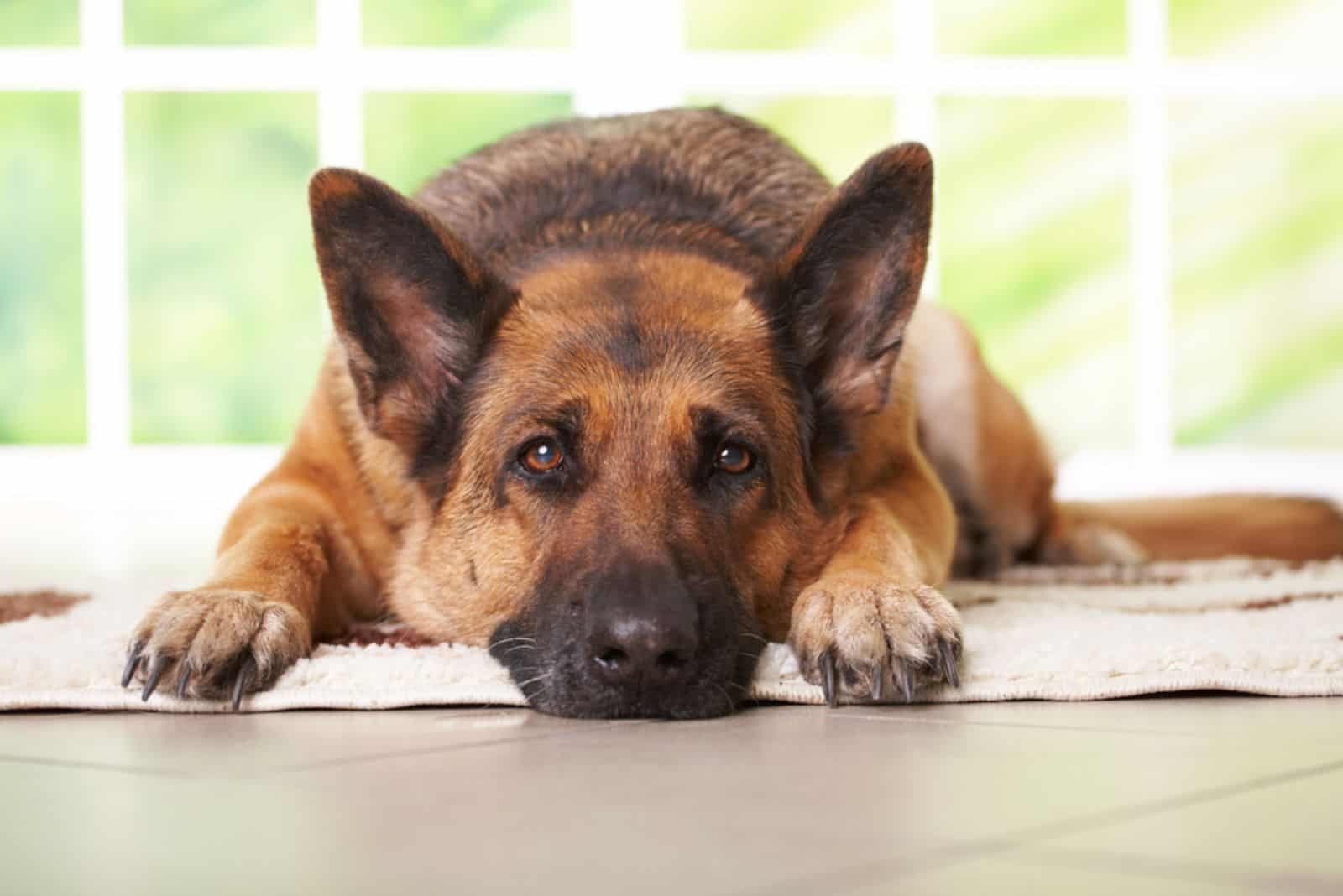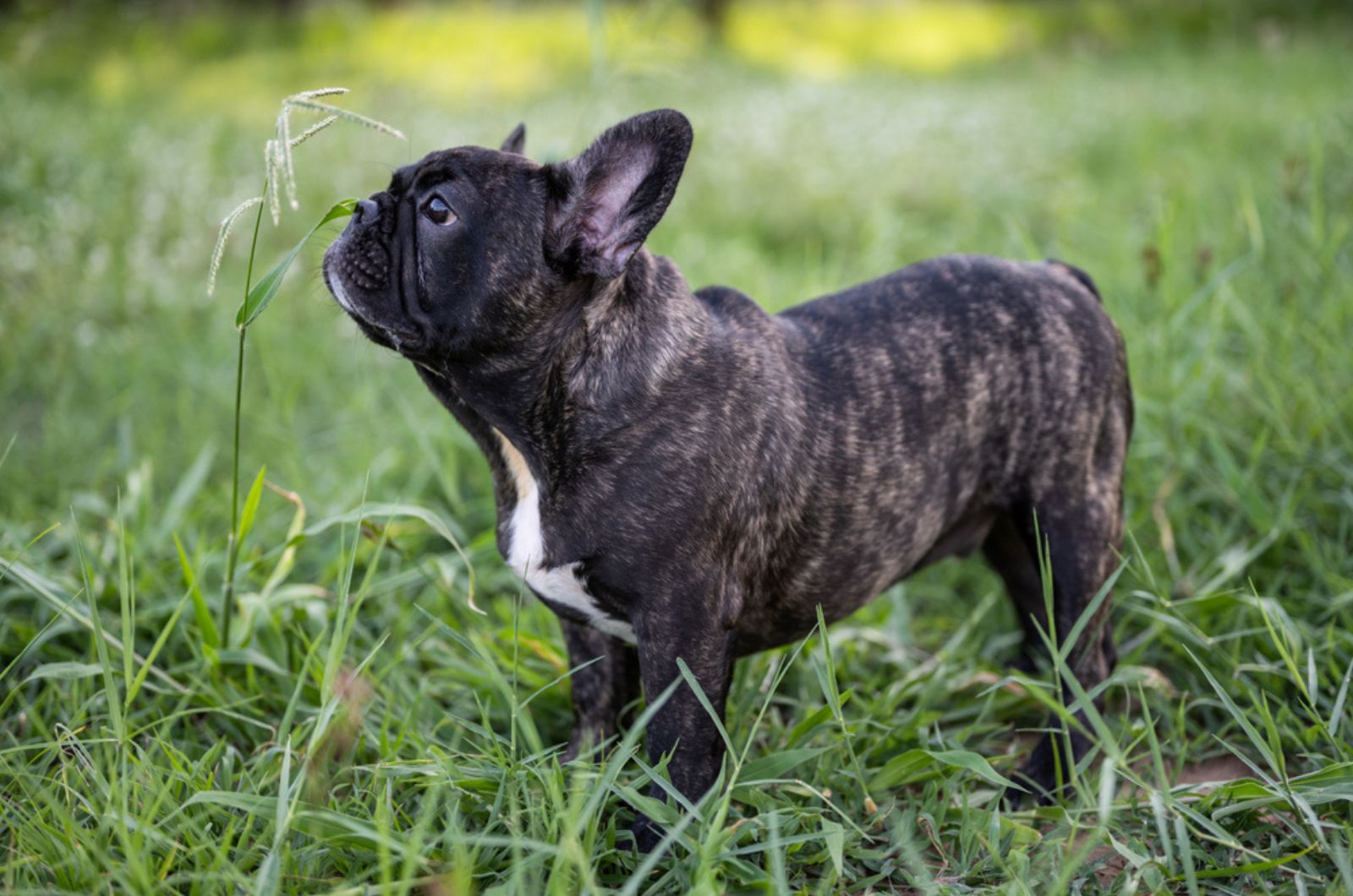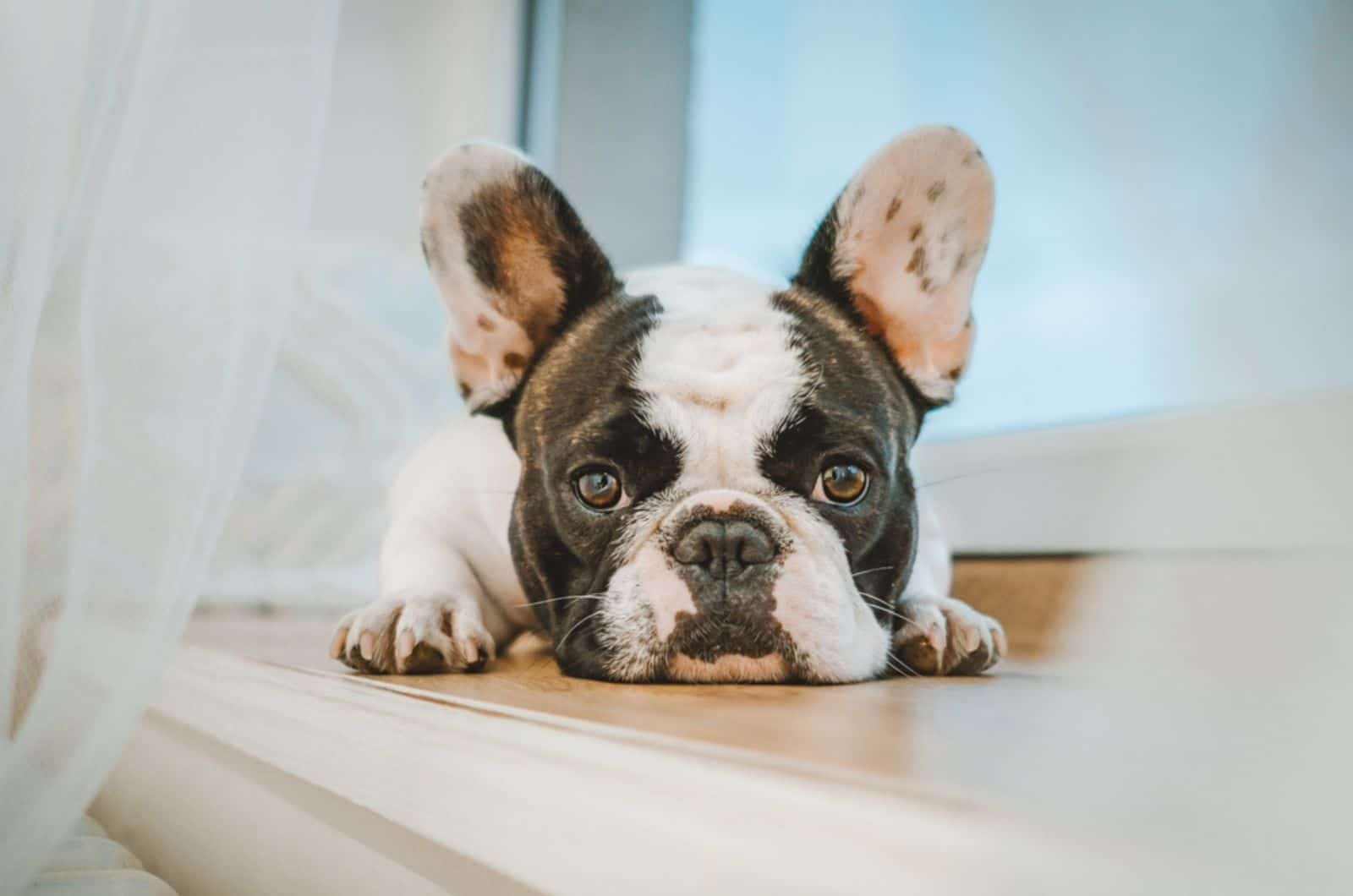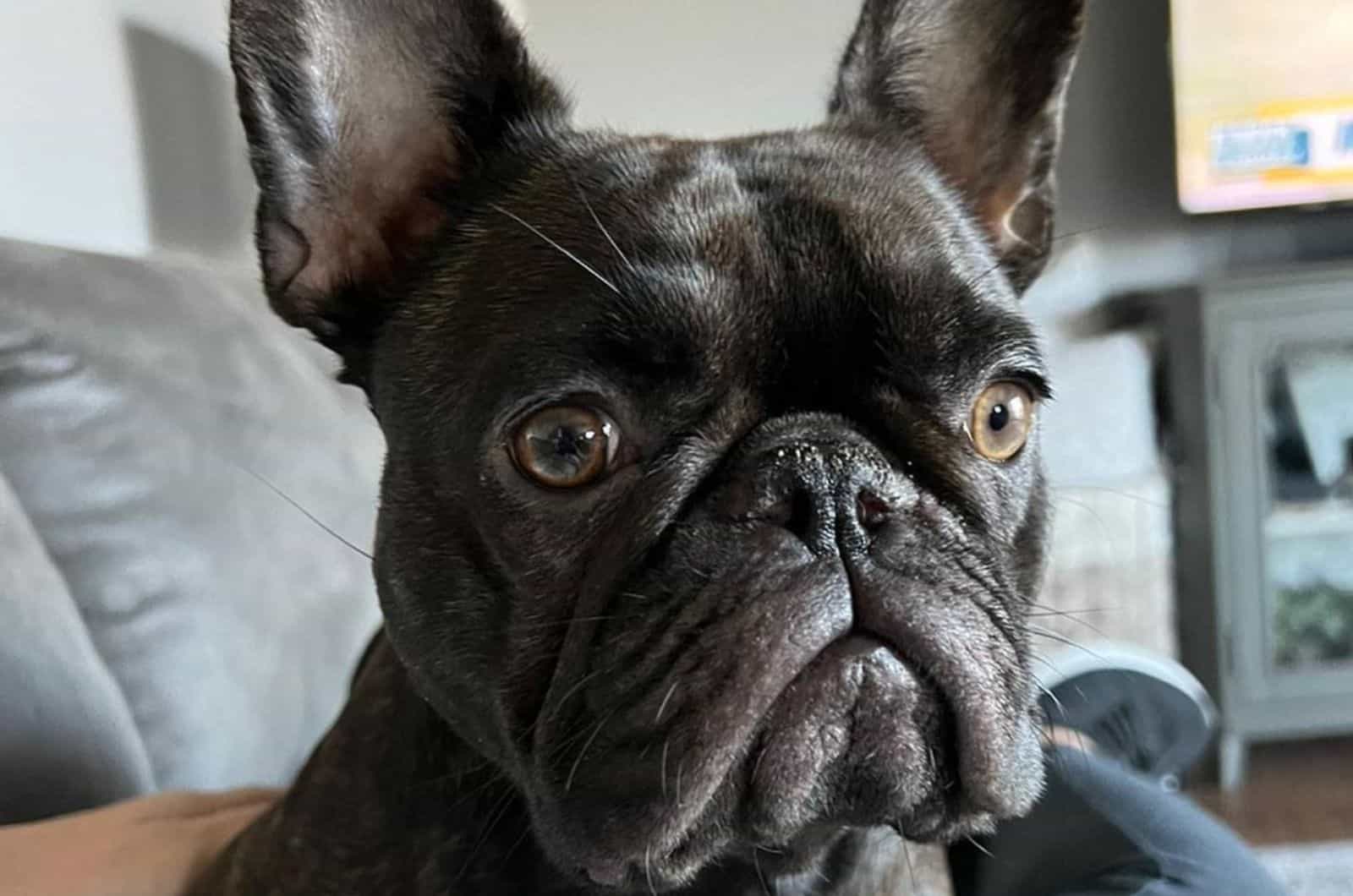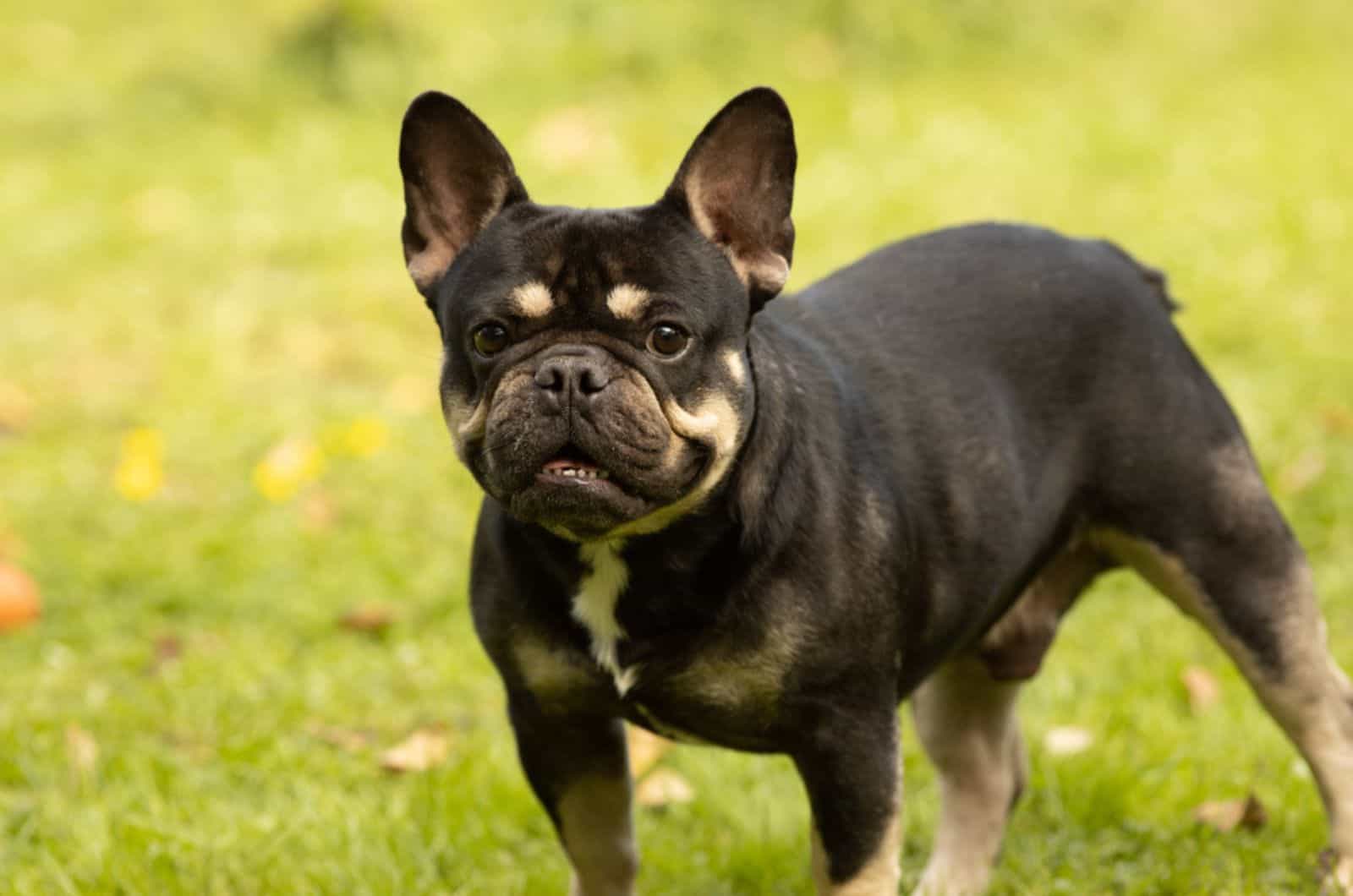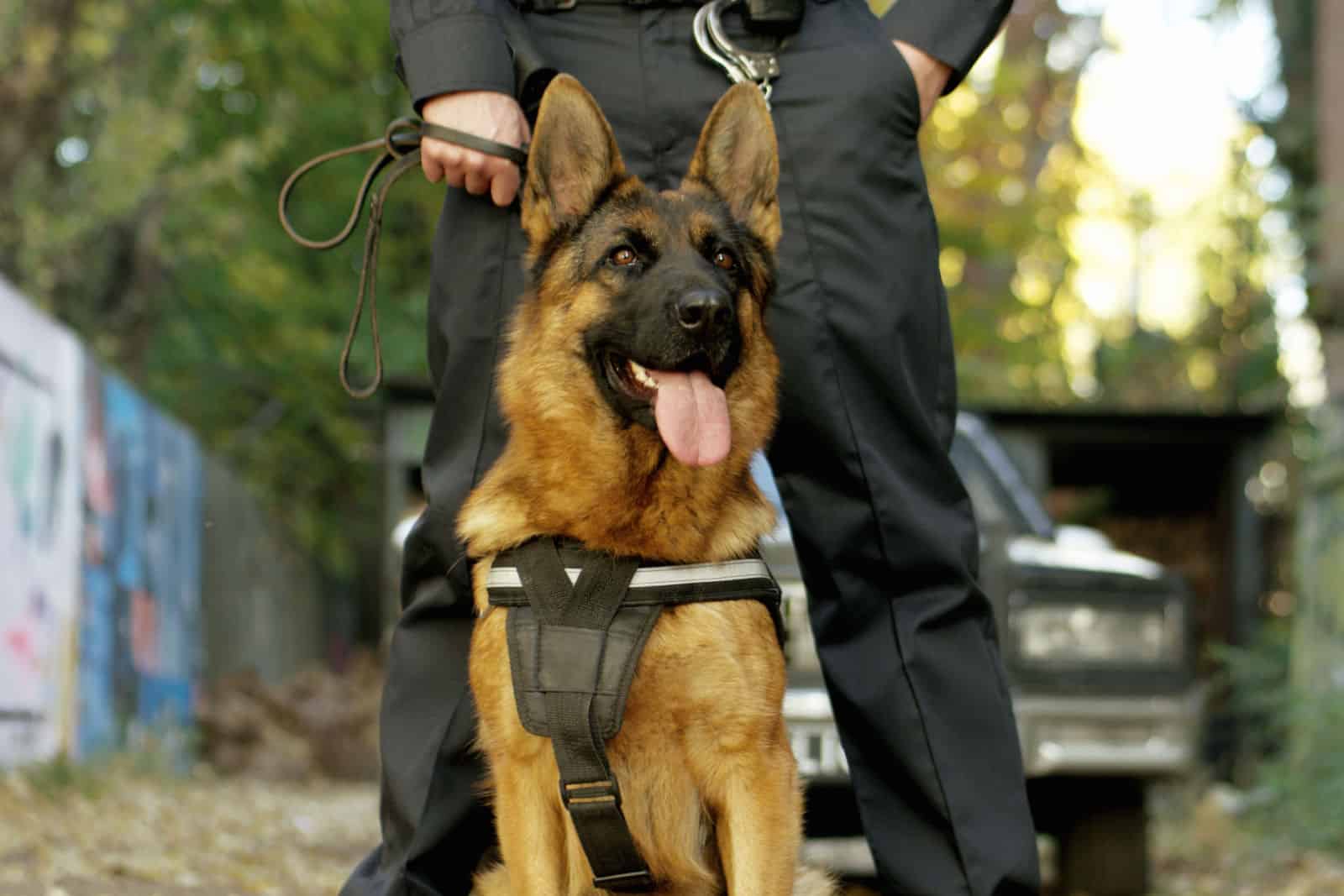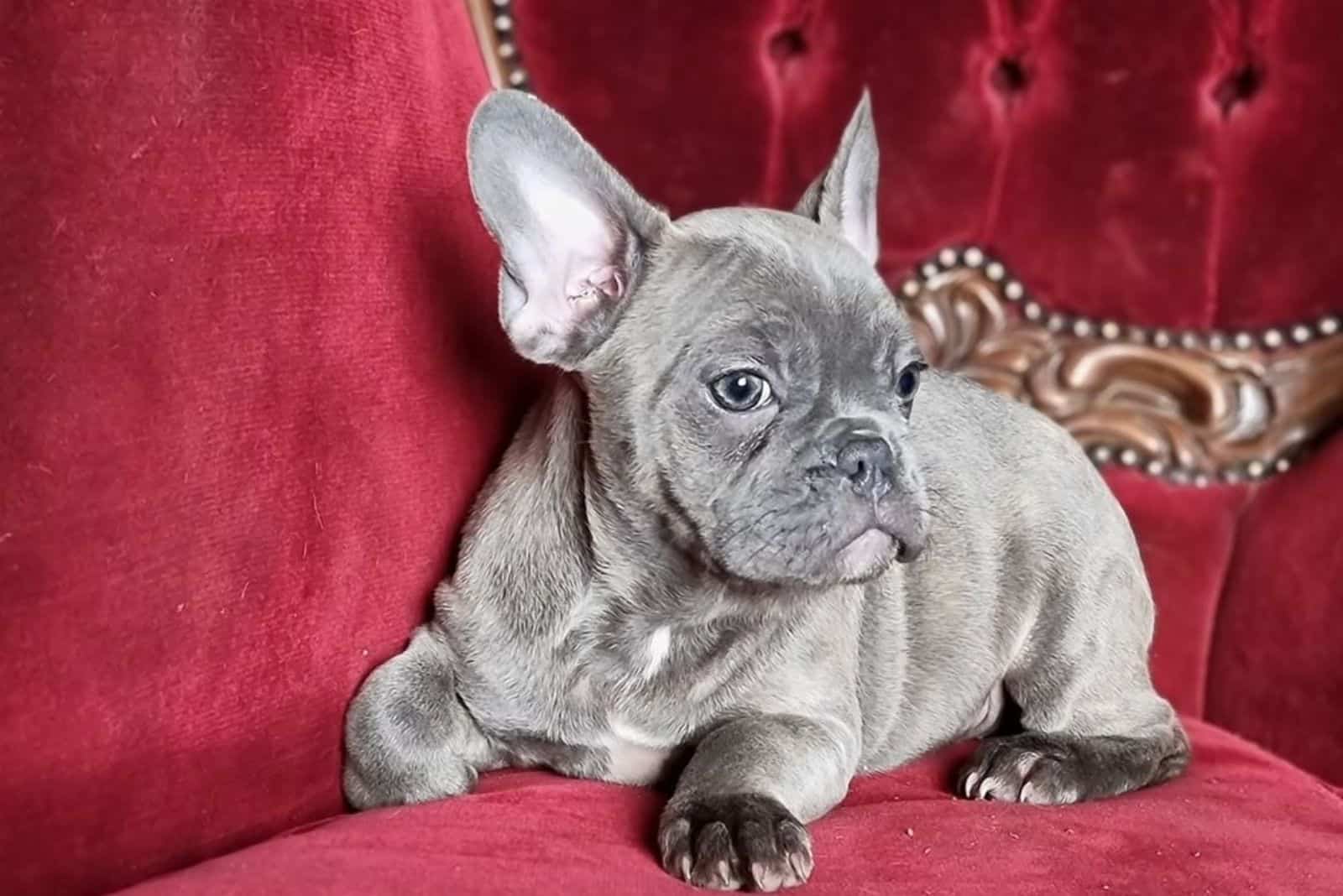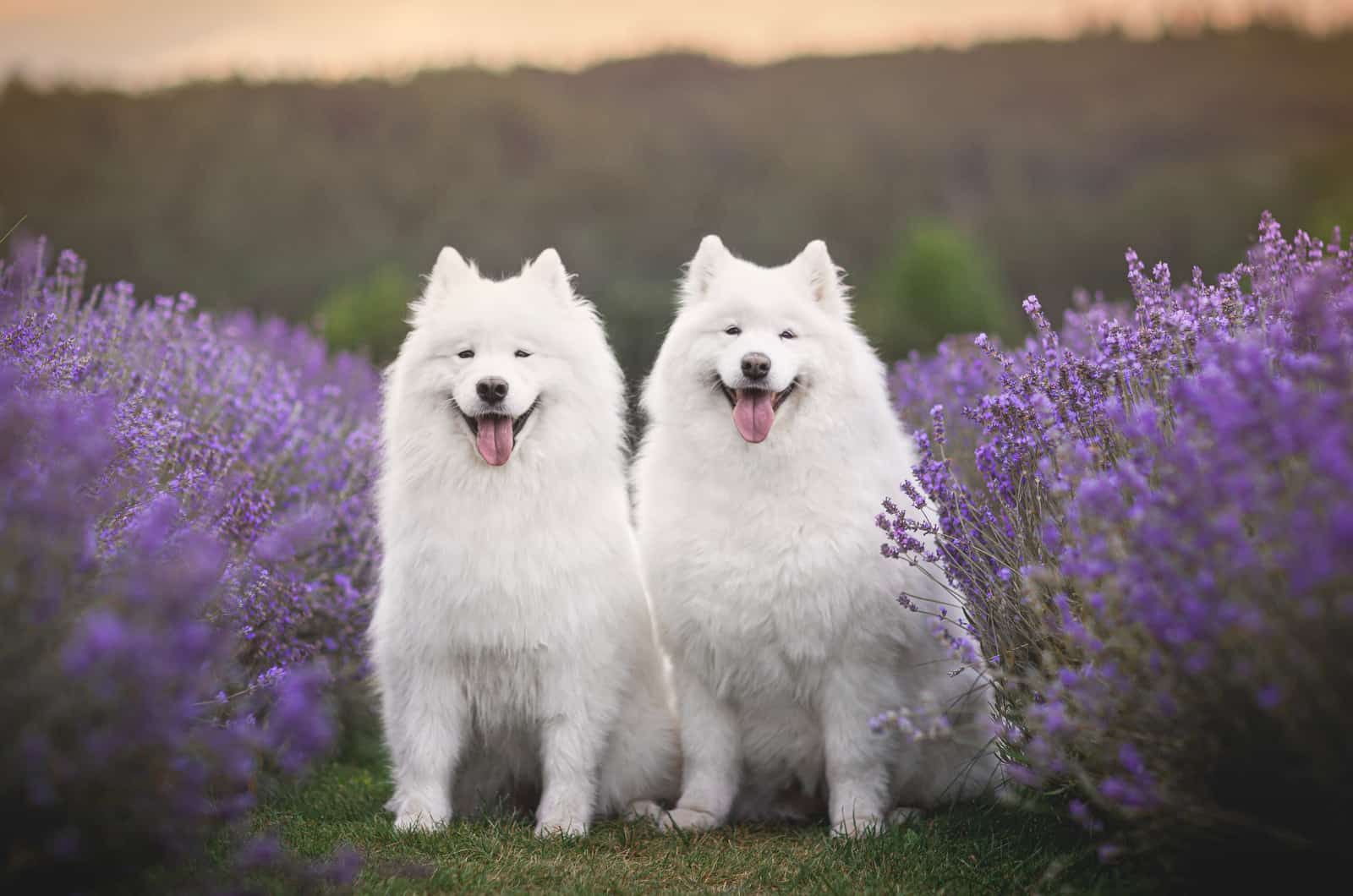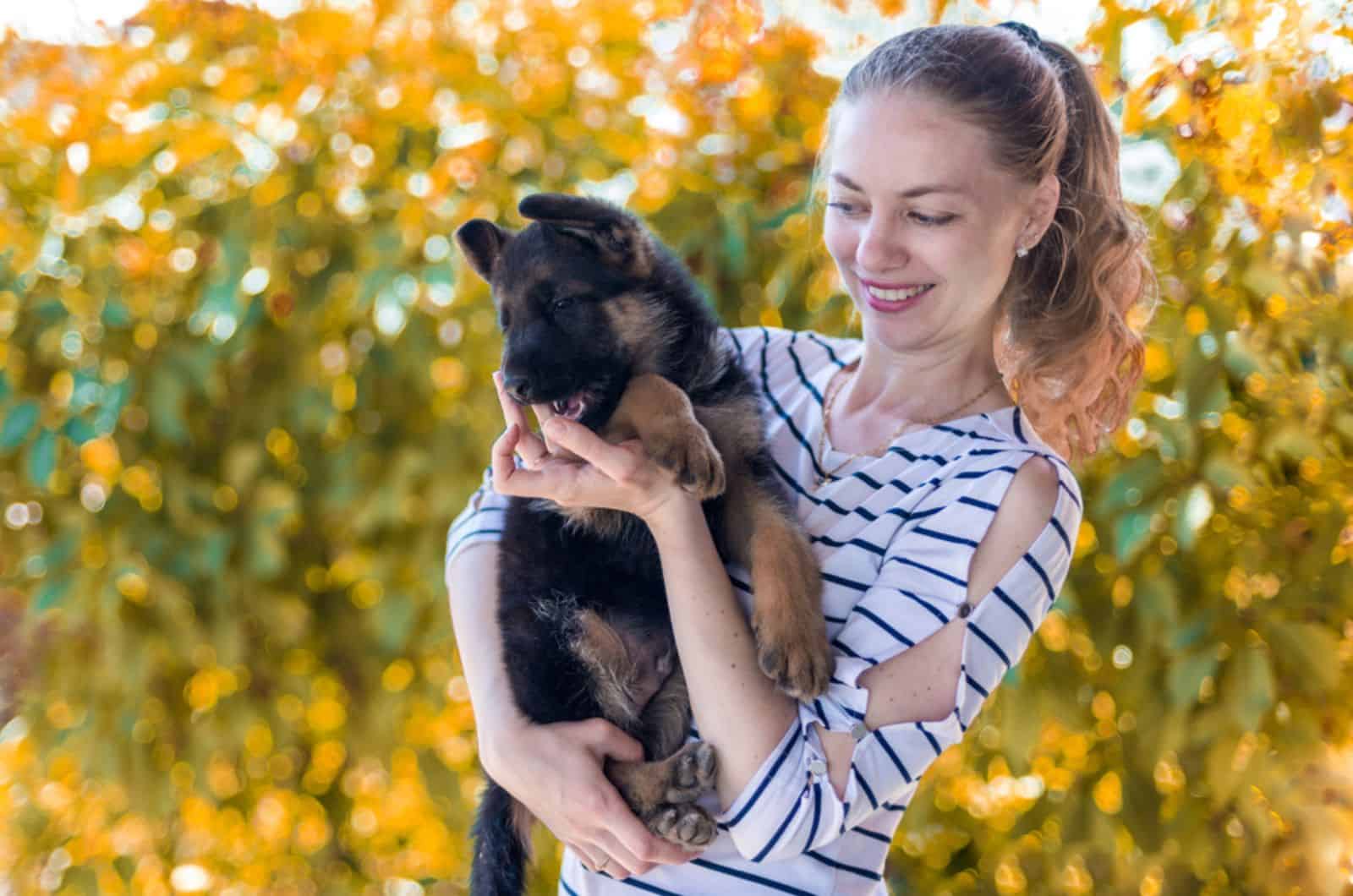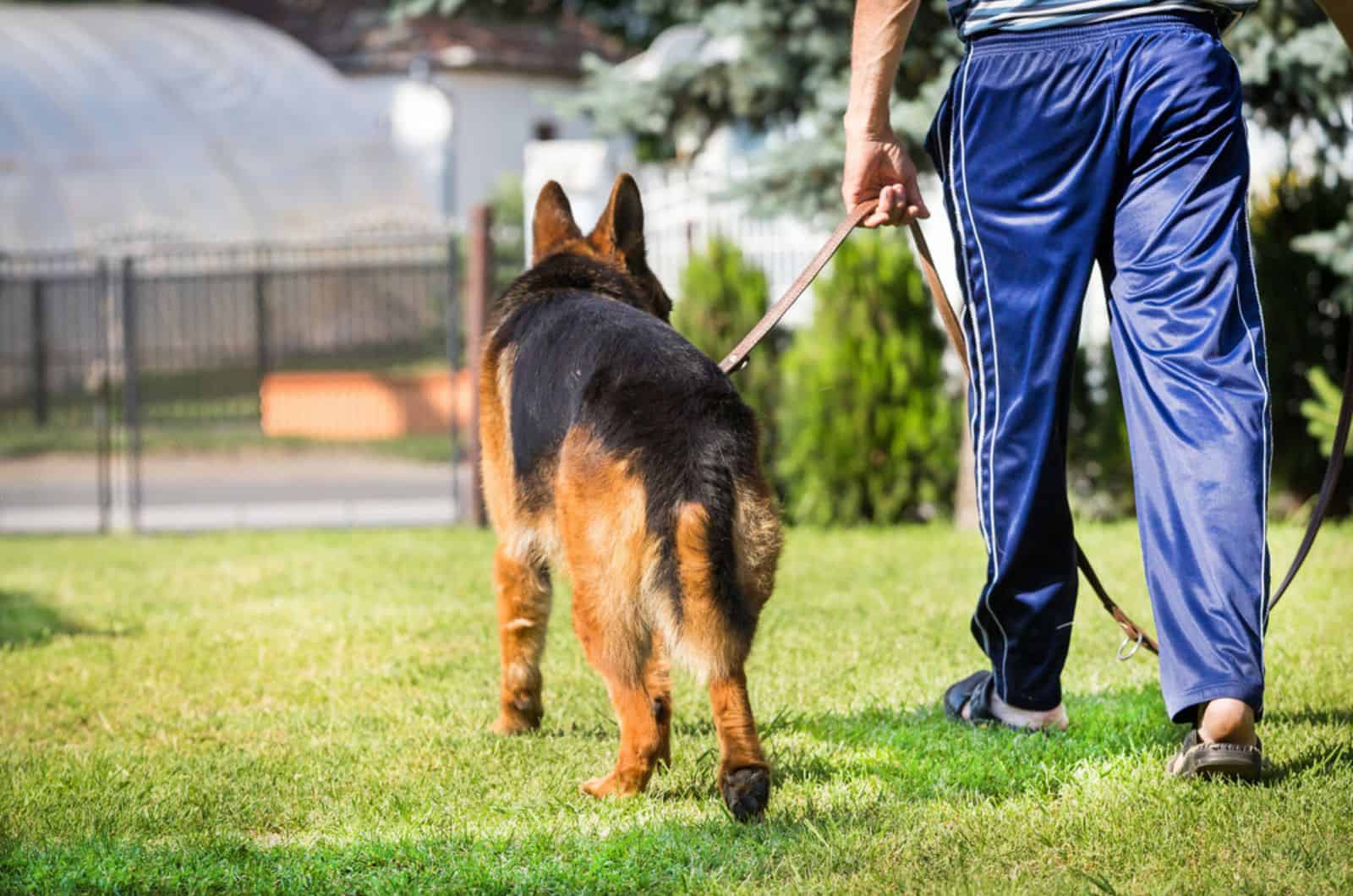A Havanese is one of those small dogs that has been lacking popularity ever since the Cuban revolution. Lucky for us, ever since the first Havanese pups got to the United States, the dog’s popularity began to rise. Havanese dogs claimed back their popularity as beloved lap dogs.
What else is on the rise besides their popularity is the Havanese lifespan. These small dogs have an incredible lifespan of almost 16 years! Some Havanese pooches live even longer. The secret behind that long life expectancy? A proper Havanese owner who cares a lot about his dog and fulfills all the needs that the Havanese may have.
To check out how long Havanese dogs live, what affects their lifespan, and how to increase it, keep on sniffing through this post!
History and Background: Where Do Havanese Dogs Come From?
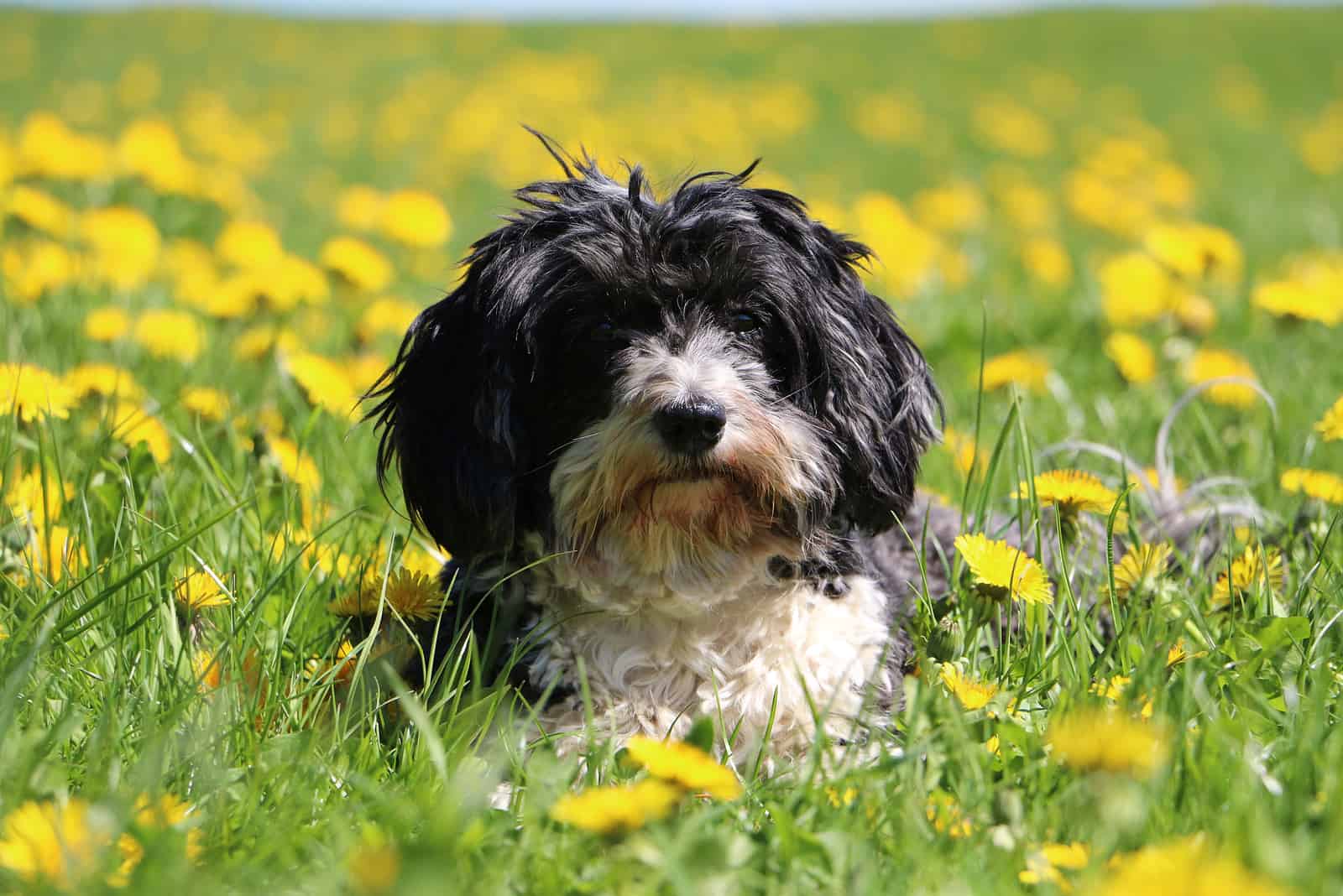
The Havanese, the Havana Silk Dog, or Blanquito de Habana is a small dog coming from the extinct Bichon Tenerife, a dog breed that once existed in the Mediterranean area.
Spanish traders used to trade with Cuban women, often gifting them dogs of the Bichon family; thus, the Havanese was born.
Once introduced to Europe, the breed was named as Habaneros, or White Cubans, because of their long coat in light colors.
The Cuban Revolution did much harm to these small dogs, leaving only a handful around. Luckily, three Cuban families got a chance to flee to the United States; thus, the Havanese dogs got introduced to American dog lovers.
The Havanese dog gradually became popular in the States. The first Havanese entered the American Kennel Club (AKC) show ring in 1996. The official breed recognition came three years later, in 1999, classifying the Havanese as one of the members of the Toy Group.
The official Havanese Club of America was founded a bit earlier, in 1979.
What Are Havanese Dogs Really Like?
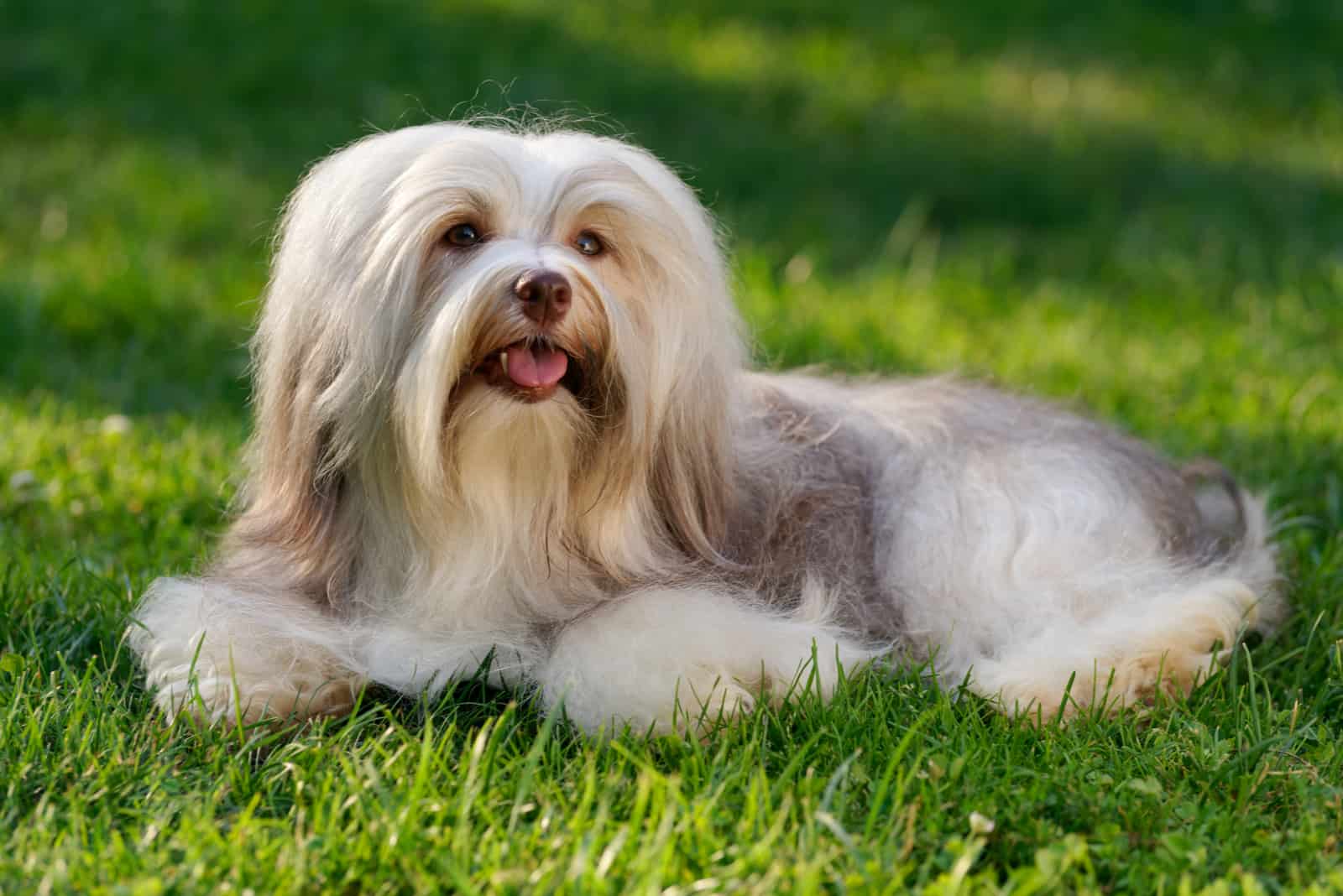
Life with a Havanese dog is something special. Not all dog owners are aware of how blessed it is to have these dogs as life companions. They’re a very friendly breed, funny, but still smart enough to adapt to all lifestyles and schedules.
Sure, they can be a bit naughty and mischievous from time to time, but it’s just their way of expressing their energy drive.
You will find your Havanese puppy flying across your furniture, jumping over sofa cushions, and barking to alert you that someone’s at the door.
No wonder these mop-like looking dogs were once used as circus attractions. They can turn every frown upside down!
Besides being so joyful, Havaneses are eager to please their owners. They will do anything to see you happy. But, they expect the same in return. Never leave your Havanese alone for too long. It will break their little heart.
Their willingness to please can be seen when performing training lessons. These little guys have a deep voice, just like many toy breeds. They’re also a bit yappy, but this can be controlled with proper training and socialization. Lucky for you, Havanese dogs learn quickly. You’ll make a watchdog out of this cuddly puppy in no time.
Thanks to their friendly character, the Havanese is excellent with children and listens to orders. Obedience is strong with them. What’s so amazing about them is that they make good therapy dogs. They fit in your lap, and they have a temperament that you can only love.
A Havanese is a wonderful dog, but it does have some downfalls. Any dog, no matter whether it’s a Havanese or not, can develop certain behavioral patterns that you won’t like. Barking, digging, and chewing on things are just some of the undesirable habits that need to be curbed.
While they can master tricks easily, getting these little dogs house trained can be a bit troubling. However, if you don’t give them too much freedom, and stay consistent and strict with the training, they will master this obstacle successfully. A firm hand is all they need.
Havanese dog training, or Havanese puppy training, should start the moment you bring them home. Even at 10 to 12 weeks, these dogs are capable of being trained. Waiting until the puppy turns six months old will be too late for any training. You’ll end up with a headstrong puppy that won’t listen to you at all.
Enrolling your Havanese puppy into puppy kindergarten by the time he’s 10 or 12 weeks old is another excellent idea. This gives them a chance to socialize, and we can’t stress enough how important it is for the dog to socialize. But, don’t forget that you first need to get it all of its shots, especially those for kennel cough, in order to keep your puppy and all the others safe.
Havanese health is affected by many viruses that can be transmitted from dog to dog, so the best way is to prevent such diseases from happening.
The perfect Havanese dog isn’t a puppy you raise. Sure, your part of the work is huge and incredibly important. But, we must not forget that the puppy’s background has a lot to do with how your puppy will act and what kind of health status he’ll have.
Always ask the Havanese breeder to see the parents and their health test records, which will tell you something about their lineage. A puppy from a good lineage may cost more, but you’ll be sure you’ve got a puppy that is safe from inherited conditions such as deafness, patellar luxation, Legg-Calve-Perthes syndrome, hip and elbow dysplasia, etc.
Taking Care Of The Gorgeous Havanese Coat
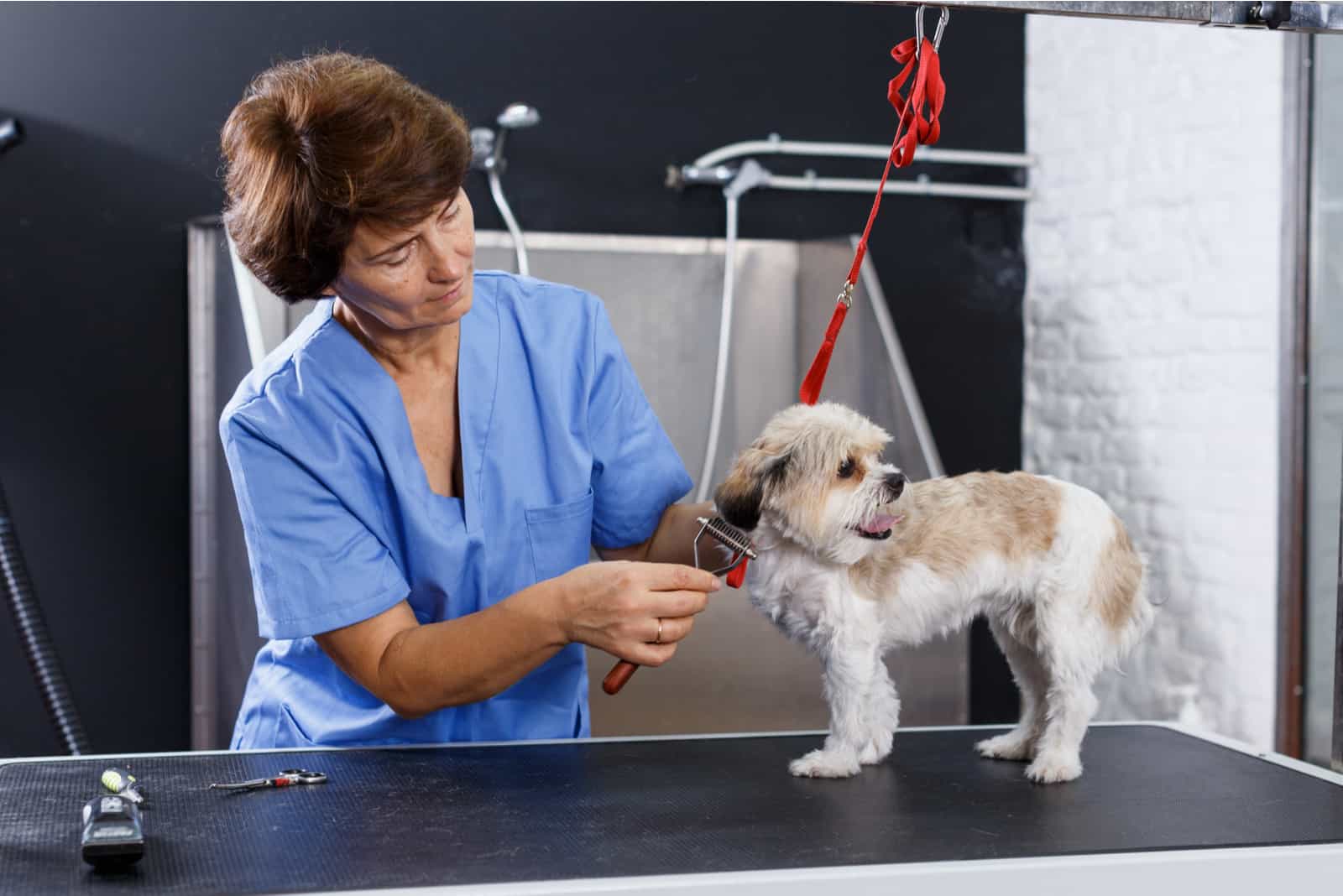
The Havanese has a double coat consisting of an undercoat and a top coat. It can be silky or fluffy. If you don’t cut the coat, it can grow from six to eight inches long.
Grooming the Havanese gets you one step closer to the dog’s good health status; thus, to a longer lifespan.
The amount of grooming the Havanese needs depends on whether you fancy a long or a short coat, as well as silky or fluffy.
A full-coat Havanese needs daily grooming and brushing, as well as weekly bathing. On the other hand, grooming a short Havanese coat is a lot easier. Your puppy will need a professional cut every six to eight weeks, and a bath every two weeks. Still, you need to do brushing between professional cuts several times a week as this removes mats and tangles, which can be quite painful for the dog, as well as cause skin irritations.
The Havanese coat will cord naturally. It also can be trained to cord (to mat into ringlets). However, not all dog owners find this look appealing. It takes up to six months to cord. Even then, the dog still needs to be bathed regularly, but it doesn’t need to be brushed. The biggest downfall of this look is a smelly coat that can occur if the dog wasn’t dried thoroughly.
The Havanese is a non-shedding breed, but not a 100% one. All dogs shed, whether they have an undercoat or not. Having a dog means that you need to be okay with occasional dog hair in your mouth.
If the breeder tells you that the Havanese is hypoallergenic, don’t believe them. All dogs produce dander, as well as saliva, which can also contain allergenic substances.
Havanese dogs have a little problem with tear staining, just like many Bichon dogs. Use a warm and wet cotton ball to clean regularly around their eyes.
All toy breeds have dental issues. Our adorable Havanese buddy is no exception. You should brush the dog’s teeth with proper dog toothpaste, and often have the vet check them during regular vet checkups.
How Long Do Havanese Dogs Live?

Photo from:@halle_the_havanese
The average lifespan of a Havanese dog is around 13 to 16 years. Most Havanese doggies live around 14.5 years. It’s a fairly long lifespan for such a small dog. It’s not uncommon for a Havanese to reach 16 or even 17 years old. With proper care, everything is possible.
If you give your Havanese the right amount of care, then you can expect to enjoy life with this cute and cuddly companion a bit longer. A Havanese is very affectionate, and gets attached to dog owners easily.
Female Havanese live longer than their male counterparts. It’s usually a year longer.
According to one study in 2004 conducted by the UK Kennel Club, the median age at the death of Havanese was 10 years and 3 months.
The same study shows that the oldest Havanese was 18 years and 2 months old at the time of death. Thus, their average lifespan is just a number on a piece of paper. Real-life experiences always prove differently.
The Most Common Causes Of Death for Havanese Puppies And Dogs
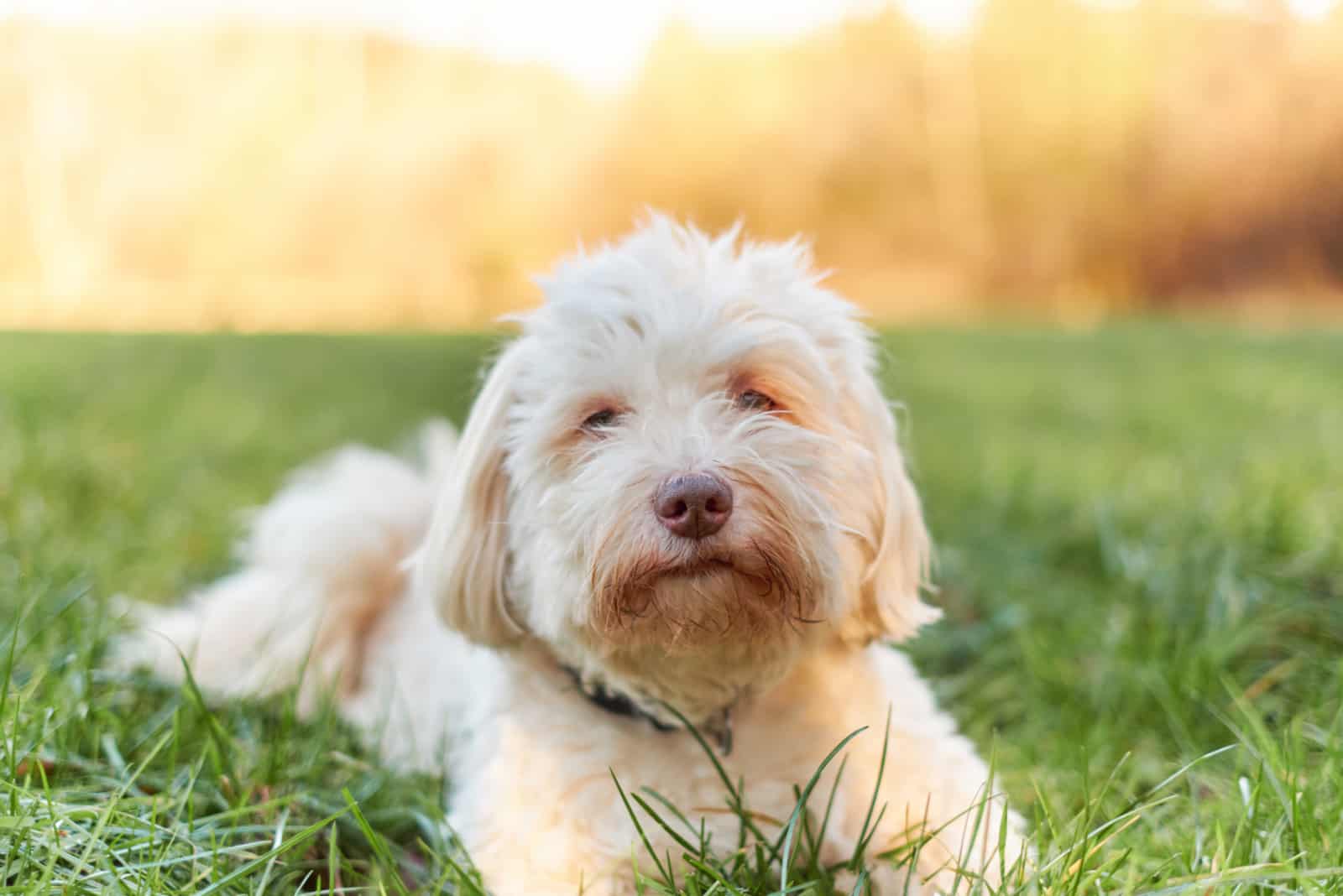
A study conducted by the University of Georgia involved 74,000 dogs of all breeds. It was conducted to reveal the leading cause of death for the large majority of purebred dogs, including the Havanese breed.
The cause of death for puppies differs among adult dogs. Adult dogs usually die because of age-related diseases like cancer or cardiovascular disease.
On the other hand, puppies usually die because of trauma, infection, or congenital disease. By puppies, we mean dogs under the age of one.
For Havanese puppies, the leading causes of death are:
• Trauma. Trauma includes severe injuries of the body as well as mental distress caused by a traumatic experience, i.e., being stepped on, hit by a car, being dropped from heights, etc.
• Infection. This includes bacterial infections and parasitic diseases that strike puppies, especially when their immune system is not fully developed and strong enough to fight back.
For adult Havanese dogs, the leading causes of death are:
• Cardiovascular Disease. This is the number one cause of death for Havanese dogs. Most heart diseases cannot be prevented, except for heartworm disease. No matter whether your dog has an excellent diet and lots of exercise, it still won’t prevent heart diseases in dogs.
• Congenital Disease. In other words, we mean all diseases that are inherited from parents, i.e., Colitis and Degenerative Myelopathy.
• Cancer. As the dog ages, it becomes more likely to develop fatal cancer. An Italian study shows that out of 100,000 dogs, 800 to 900 of them will develop cancer at some point in their lives.
Which Diseases Affect The Lifespan Of Havanese Dogs?
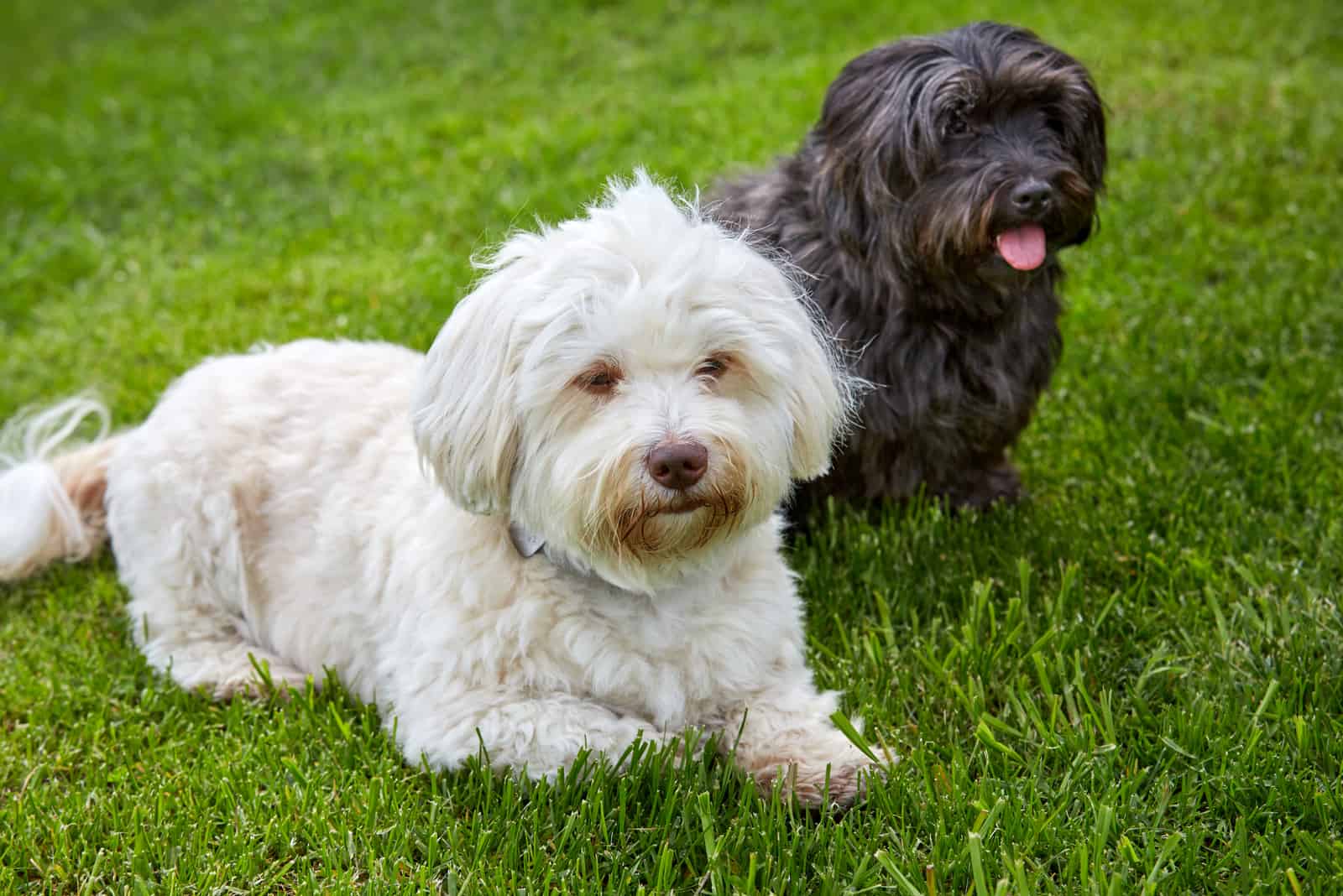
All dog breeds are susceptible to certain health problems. Some are more prone to inheriting a genetic disorder than others. When it comes to the Havanese, you must be aware that they’re prone to the following health issues.
Those health issues are:
• Canine distemper
• Canine parvovirus
• heartworm
• rabies
• Lyme disease
• kennel cough
• leptospirosis
Canine Distemper
Canine distemper is one of the contagious diseases, which is also known as hard pad disease. It hardens the nose of a Havanese and even its footpad. It is an airborne disease that can be spread through the air, but it is mostly transmitted through sharing bowls with the infected one.
The common symptoms of canine distemper include fever, vomiting, runny eyes, coughing, and even paralysis. If you have a Havanese puppy, be extra careful as puppies are more prone to this disease.
The most effective way to prevent Havanese puppies from getting this disease is by having it vaccinated by your vet.
Canine Parvovirus
This is a contagious disease, and it affects the Havanese by direct contact with fecal matter from another infected dog. It’s very easy to spread and very difficult to control. This disease causes the most damage to the dog’s internal organs.
A Havanese can be treated with lots of fluids and electrolytes. Luckily, vaccines are available, and they can prevent your Havanese puppy from catching this disease.
Heartworm
Just as the name says, this illness is caused by parasites that spread to the heart and move into the blood vessels, wreaking havoc in the lungs.
Heartworms are spread by mosquitoes, both in cold and in humid areas, as well as in dry climate states.
The main symptoms of this disease are severe. Your dog might experience respiratory problems, lethargy, weight loss, coughing, and heart disease.
Treatment is time-consuming and difficult, but with lots of antibiotics, steroids, and sometimes arsenic injections, your Havanese should be free of these nasty parasites.
Rabies
Rabies is the only disease that lies in the dog’s saliva naturally. It is caused by the virus carrying the same name as rabies from wild animals. Hence, why it’s so important to keep your Havanese away from the wilderness.
The main symptoms of rabies include fever, hyperactivity, a burning sensation, tingling or pain, and open wounds. Sadly, there is no treatment for rabies, but there are vaccines to prevent the disease from catching on.
Lyme Disease
Lyme disease is a bacterial disease. The bacteria originates from tick bites. Deer tick bites are the most common cause of this disease. Once the bacteria enters the bloodstream, it travels quickly to the joints, making the dog’s movement difficult and painful. The only way to prevent it is to get your Havanese vaccinated. Also, avoid tall grass in the summer, and always check your dog for ticks.
Kennel Cough
Kennel cough is a coughing disease. It makes the Havanese cough a lot, sometimes even for hours.
It’s called kennel cough because it can easily be transmitted to another dog if it was in contact with the infected one. Antibiotics and cough suppressants are, luckily, the best possible treatments.
Leptospirosis
Leptospirosis is a bacterial disease, which is caused by bacteria usually found in lakes, streams, rivers, and in the soil. There is treatment that includes antibiotics and supportive care for your Havanese pup.
What Are The Factors That Affect The Lifespan Of Havanese Dogs
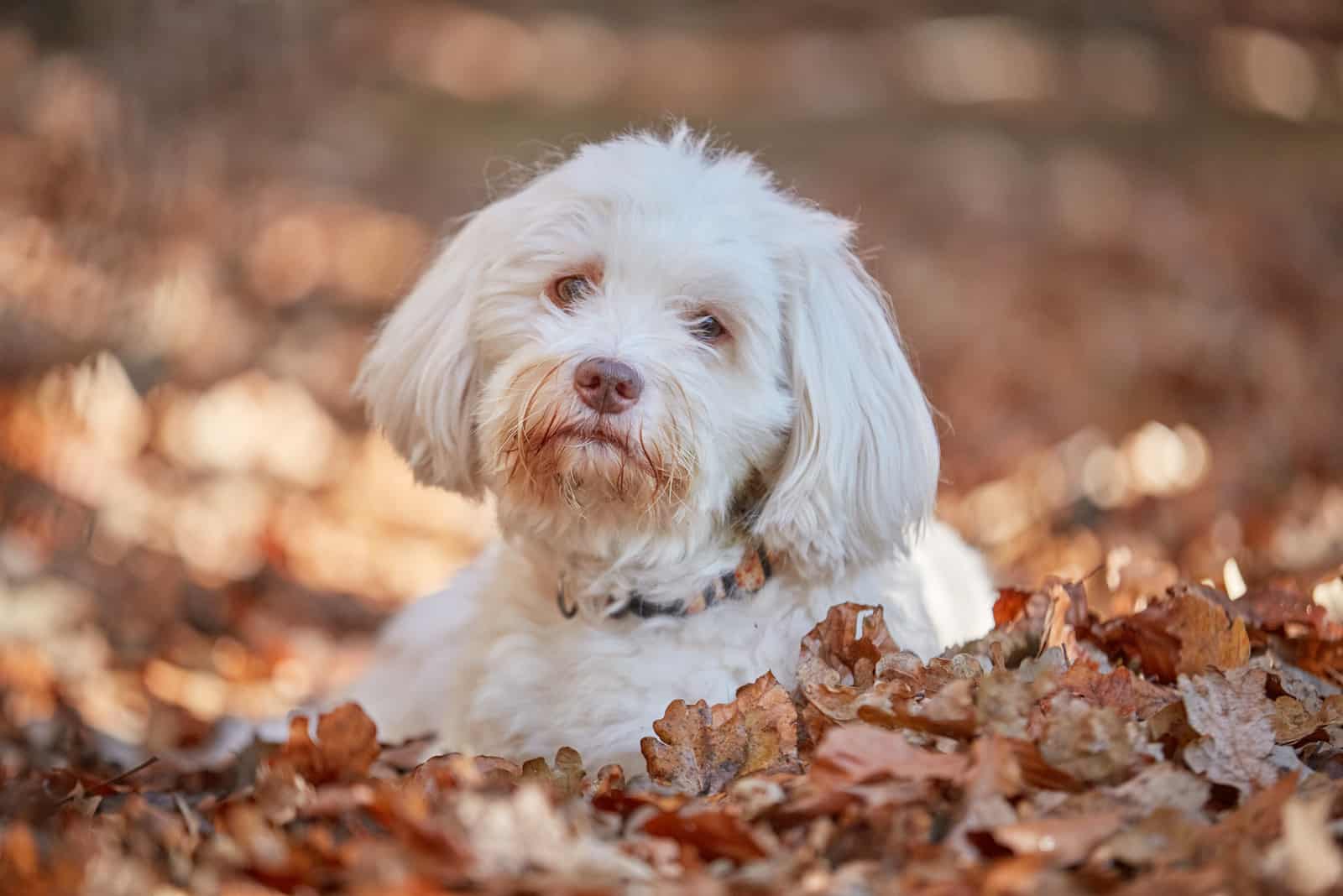
Determining the dog’s lifespan, no matter which dog breed it belongs to, matters to every dog owner. It is quite difficult to predict a dog’s life expectancy because there are so many factors that affect the overall life quality and lifespan.
The following factors affect Havanese life expectancy the most:
• Size
• Exercise
• Diet
• Family history
Size
A Havanese is a small dog breed that is bred for pet purposes. This designer pooch weighs only around 7 to 13 pounds, and can stand tall at around 8 to 11 inches at the shoulders. A Havanese is considerably smaller than other dog breeds.
Their small body affects their lifespan greatly. Small dog breeds usually live longer than large dog breeds because they grow slower. Large dogs also develop many age-related diseases, including cancer, therefore, they live much shorter.
Exercise
Every dog must exercise, whether it’s a small or a large dog breed. The only question is how much exercise does the dog need. Every dog needs a moderate amount of exercise to keep its mind and body in shape.
Havaneses have a tendency of obesity because of their small size. If they eat too much and don’t exercise at all, they will become obese, which will lead to many other health conditions.
Make sure you take them on those daily walks; they really need them.
Diet
Nutrition and diet affect the Havanese lifespan. A balanced diet is there to protect your dog from health concerns, excluding genetic or inherited disorders. Check with your vet as to what kind of dog food your Havanese needs. You can’t just give it pretzels or spicy food scraps off your table. That’s simply wrong!
High quality and balanced food intake increase the longevity of your dog’s life. Did you know that some foods can benefit your dog in such a way that they prolong your dog’s lifespan?
Family History
One of the biggest factors that affect your Havanese’s lifespan is its family history, or how long the parent dogs lived. Every reliable breeder will let you know all about the dog’s family history, their diseases, their habits, and their lifespan.
Related: Havanese Breeders In The UK: 6 Breeders You Can Trust!
With that information from your breeder, it will be easy to determine the average life expectancy of your Havanese.
How To Extend Havanese Dog Lifespan
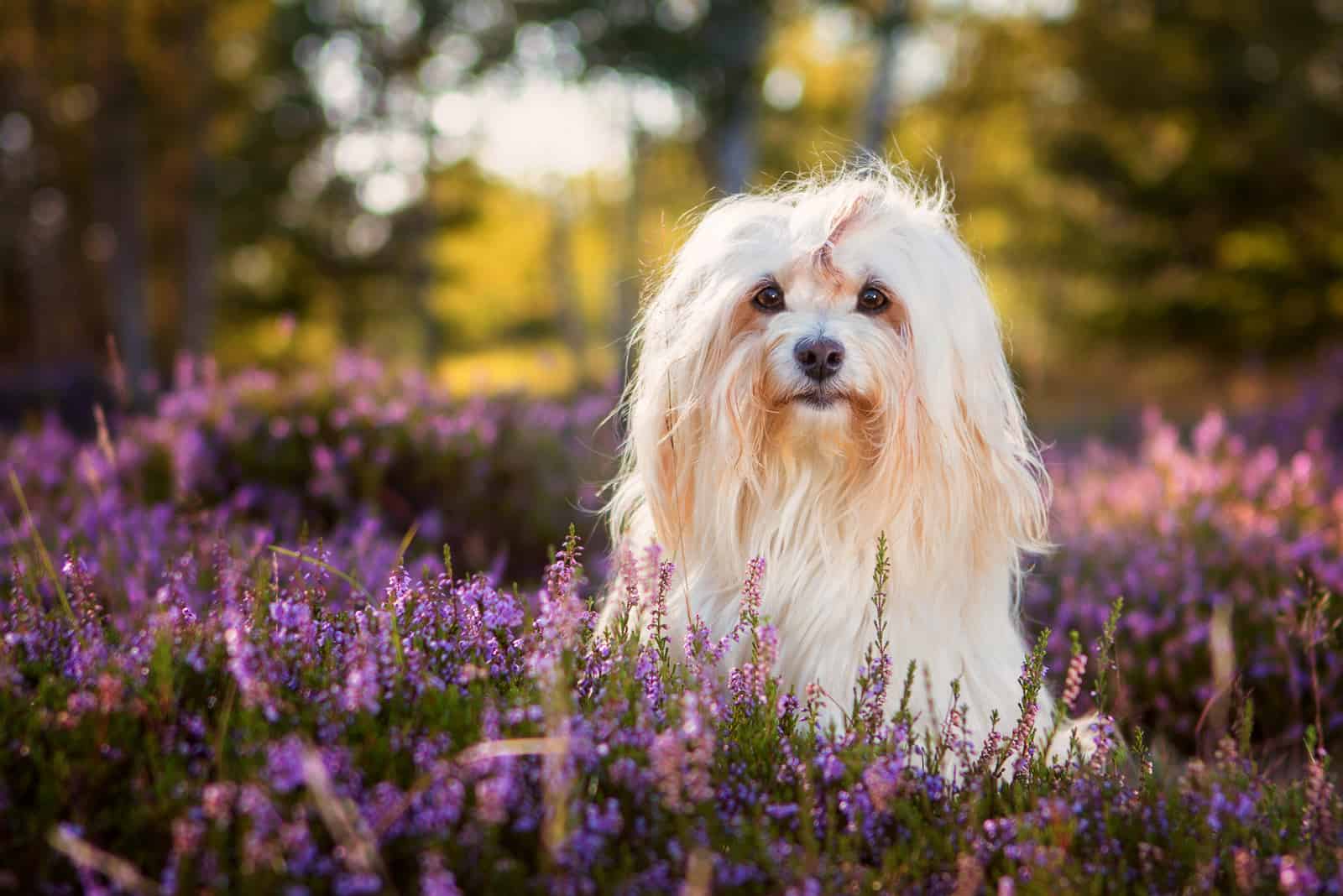
We know the factors that affect the dog’s lifespan, but do we know what to do to extend the dog’s lifespan? There are numerous ways you can improve your dog’s quality of life.
Here is what you need to do to make sure that your dog’s life expectancy improves:
• Keep in touch with the vet
• Ensure a balanced diet
• Give lots of love and care
• Vaccinate your Havanese on time
Keep in Touch With the Vet
Every dog owner must be in touch with the dog’s vet. Make sure that you take your Havanese for regular checkups, at least once a year. Still, if your budget can take monthly visits, it would be just perfect.
Veterinarians are a crucial source, which can improve your Havanese lifespan. They diagnose diseases and disorders, give medical treatment, and guide you through many changes that your Havanese puppy might go through.
Regular vet checkups help discover diseases in the early stage, which makes it easier for the dog to be cured.
A Balanced Diet
Keep balanced nutrition in order to ensure that your Havanese is fit and healthy. There isn’t really a formula as to how much your Havanese dog must eat. Nutritional requirements vary according to size, age, and health. Only your vet can determine what kind of diet your dog needs and how much food it needs daily.
No matter if you use dry or wet dog food, the benefits are numerous in both cases. Just don’t skimp on dog food by getting the lowest possible quality. Many small producers offer excellent quality dog food for a small price.
Give lots of love and care
Havanese dogs don’t like to be alone for an extended period of time. They easily get upset if they’re left alone for hours. Your blanquito de la Habana is a companion dog, and also a family dog that needs all the love you and your family can give.
Havaneses develop a sense of attachment quickly. Love enables them to live a happier and fuller life, as well as live longer in your home.
Vaccinate your Havanese on time
As you can see, many health issues can be prevented with proper vaccination on time. Prevention keeps your dog safe and next to you for a long time. Make sure you’re always up to date with necessary vaccines.
Final Thoughts

Just like it’s companions, the Bichon Frise, the Maltese, the Chihuahua, and the mini Poodle, the Havanese is a small lap dog that is designed to fill your heart with love and happiness. This national dog of Cuba can stick around with you for a while since the average Havanese lifespan is between 13 and 16 years.
However, a Havanese that has a healthy life, followed with proper nutrition, fulfilled exercise needs, and overall healthy habits may be your best friend for many years to come.
It’s up to you to ensure that all standards for a healthy life are met, and that you’re capable of being one of the best Havanese owners ever!
Read Next: 9 Havanese Breeders In Florida: No Wrong Choice Here



